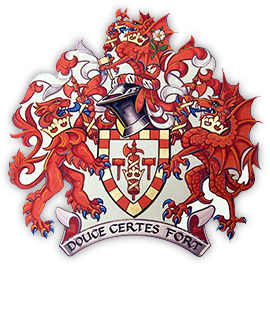The High Court Enforcement Officers Association (HCEOA) has written to all members with an updated recommendation regarding the treatment of VAT on High Court enforcement fees, ahead of expected new guidance from the UK Government.
The HCEOA has recommended to all members that their treatment of VAT on High Court enforcement fees should be changed as soon as is practical, and at the latest with effect from 1st August 2021.
The updated recommendation has been prompted by an ongoing court case and discussions with the Ministry of Justice and HMRC.
The new HCEOA recommendation outlines different procedures for dealing with VAT registered and non-VAT registered creditors.
VAT registered creditors
Where the instructing creditor (and not their solicitor or agent) is VAT registered, VAT should be charged to that creditor and no VAT should be charged to the debtor.
A VAT Invoice should be issued to the creditor and that VAT should be accounted for to HMRC in the usual way.
Non-VAT registered creditors
Where the instructing creditor is not VAT registered, the Association recommends that a sum equivalent to VAT should be charged to the debtor, as at present and in-line with the draft 2020 guidance issued by MoJ.
No VAT Invoice should be issued (to either debtor or creditor) and that sum, to be treated as VAT, should be accounted for to HMRC in the usual way.
Alan J Smith, Chair of the High Court Enforcement Officers Association, said: “We are making this recommendation to our members to ensure they have time to adjust their systems. It is right that we take this proactive step to advise our members. We have, for the last seven years, been seeking clarity from the UK Government in this area and will continue to do so.”
He added: “It is important to highlight that our members do not benefit in any way by VAT being charged to debtors (or creditors) – this money is all passed through to the UK Government.
“We strongly believe – and made the case in our response to the government consultation last year - that the best option moving forward would be for VAT on enforcement fees to be treated as if it were zero rated, and we will continue to campaign for that solution.
“This would have been fair to debtors and creditors, quick and easy to introduce, and would have met the UK Government’s public commitment of not charging VAT to debtors.”
For more information, please see our frequently asked questions on VAT on High Court Enforcement Fees





